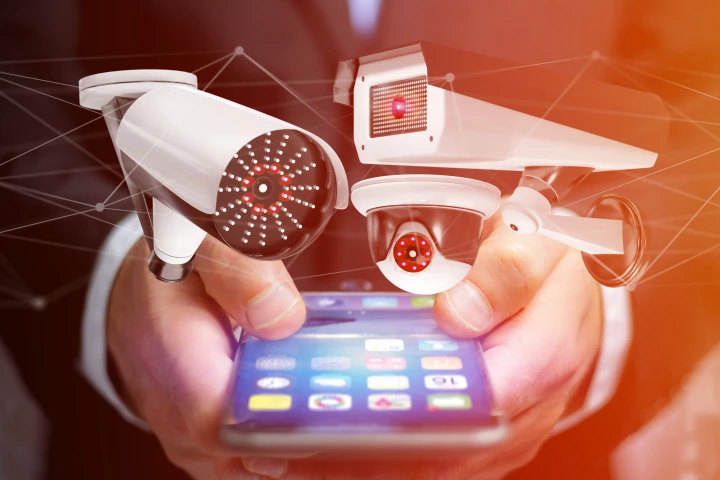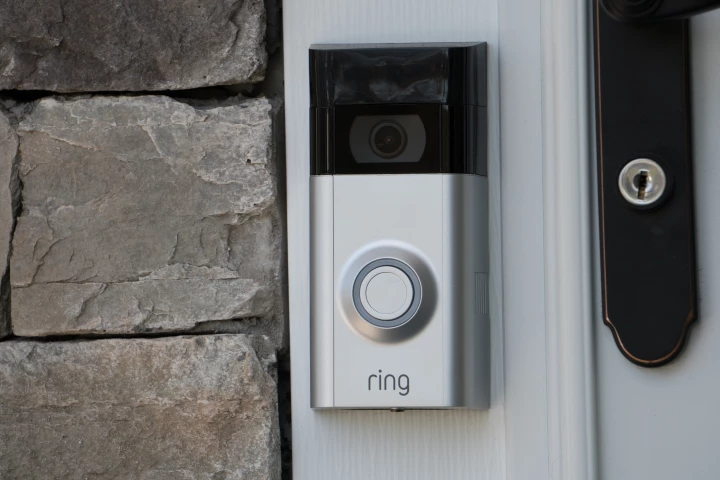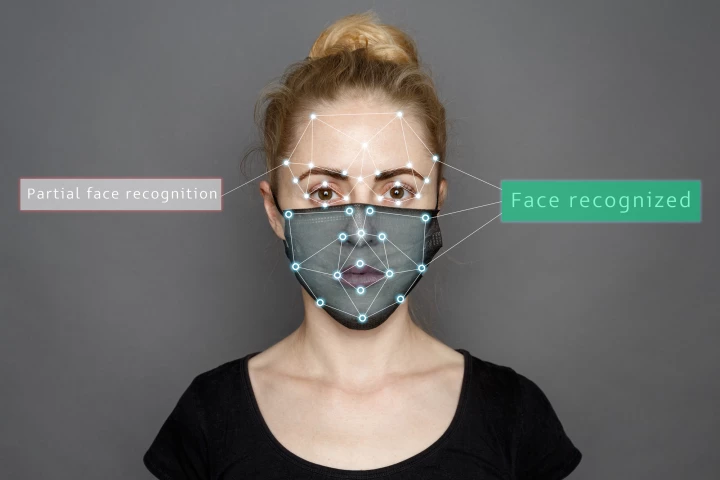Surveillance
-
Blurring the line between biology and robotics, Chinese scientists are taking biomimicry to new depths with a small, low-energy bionic jellyfish that's so lifelike in form and movement it’s almost indistinguishable from the real thing.
-
The seas of tomorrow may see underwater security fundamentally transformed as AI collides with autonomous undersea gliders to produce intelligent fleets of mobile sensors that could redefine naval intelligence as they seek out ocean threats.
-
Last year a longstanding conspiracy was reignited, telling the tale of how your smartphone is listening to your conversations and delivering targeted ads, but it still isn't true and the way you actually get your ads is much more unsettling.
-
With the threat of a US ban looming over Chinese drone maker DJI, keen flyers throughout the land will likely be on the lookout for alternatives. Homegrown Ascent Aerosystems may have an answer with its somewhat oddball Helius.
-
There's a lot of news going around today about the French Government's new policy to allow police to remotely take over a suspect's devices, with access to cameras, microphones and GPS data. But if you think that's uncommon, you'd be very mistaken.
-
They may be a little brutal on the eye, but Capable says its visually confusing and very pricey cotton knits are designed to throw off AI facial recognition systems, by fooling machine learning systems into thinking you're an animal and not a human.
-
The unpredictable nature of the conflict in Ukraine makes it a confusing one from the outside looking in, but Western powers are watching it unfold with intelligence resources that would have been unimaginable half a century ago.
-
While AUVs (autonomous underwater vehicles) are often used for scientific studies, they're sometimes also utilized in more secretive applications, such as surveillance. A new system helps hide their location, by having them deploy a micro-AUV.
-
Amazon revealed it has supplied Ring doorbell video footage to police 11 times this year without a warrant or permission from the device owner. The revelation comes as part of an investigation into Amazon’s privacy practices by US senator Edward Markey.
-
Even before the pandemic struck in 2020, technology was blurring the boundary between home and work. Pressure to be contactable 24/7 led to calls for "right to disconnect" laws protecting employees – calls that have been increasingly heeded in the COVID era.
-
A new four-year study using AI-enabled surveillance will track recently released prison parolees. The project’s goal is to lower rates of recidivism by identifying early interventions to help individuals transitioning from prison to regular society.
-
A new study from NIST has tested how accurately commercial facial recognition algorithms can identify people wearing protective face masks, revealing some commercially used systems fail at authenticating masked faces up to 50 percent of the time.
Load More











